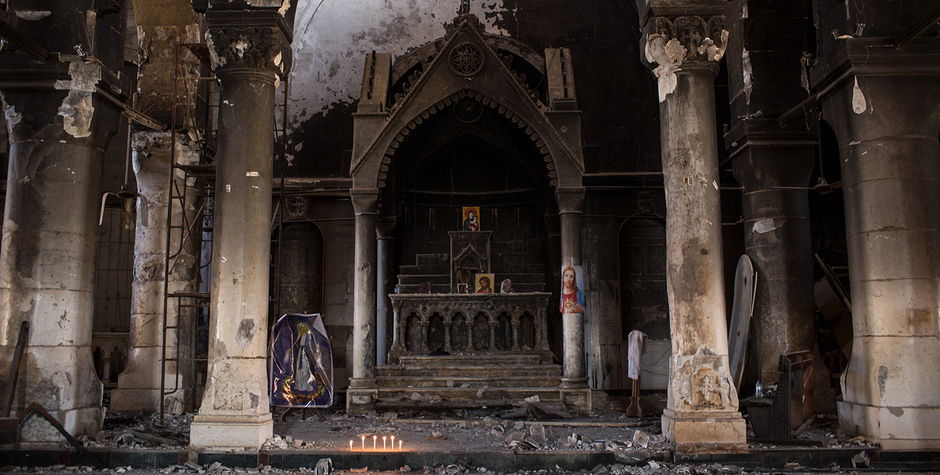The Best Way to Remember is to Act – Never Again
On April 7th, 1994, terror broke out across Rwanda. Mobs of Rwandan Hutus armed with machetes marched through the streets with a singular purpose – to “kill the cockroaches.” In a systematic campaign to rid the country of ethnic Tutsis, the slaughter went on for 100 days. Neighbors killed neighbors. Husbands killed wives. And the world watched in horror as 800,000 Tutsis were murdered in the streets, in churches, and even in their own beds.
Yet, the international community remained virtually silent as the massacre raged on.
Finally, on July 4th, 1994, Tutsi rebels made it to the Rwandan capital of Kigali, compelling over two million Hutus to flee to neighboring Zaire in fear of retaliation.
The slaughter may have ended, but the ramifications for Rwanda and the world at large were only just beginning to be realized. The world had allowed yet another genocide to proceed without taking any collective action. Even then-U.N. Secretary General Kofi Annan admitted, “In their greatest hour of need, the world failed the people of Rwanda.”
And now, 23 years to the day after the first Tutsi was killed in the Rwandan genocide, the United Nations is set to commemorate atrocities on the International Day of Reflection on the Genocide in Rwanda.
Current U.N. Secretary General Antonio Guterres released a statement for the occasion, saying:
Today we remember all those who perished in the genocide in Rwanda 23 years ago. More than 800,000 people were systematically murdered across the country – overwhelmingly Tutsi, along with moderate Hutu, Twa and others. . . .
The only way to truly honour the memory of those who were killed in Rwanda is to ensure that such events never occur again. Preventing genocide and other monstrous crimes is a shared responsibility and a core duty of the United Nations.
Never again. Those words have echoed through history during the decades since the Holocaust ended. Inscribed on a memorial outside the gates of the Dachau concentration camp. Enshrined in the spirit of the 1948 Genocide Convention. Spoken from the lips of countless diplomats and world leaders.
And yet a mere two decades later, the international community sits poised to allow yet another genocidal campaign to go unanswered. Since ISIS (the Islamic State) began targeting and destroying Christians, Yazidis, and minority Muslim communities throughout Iraq and Syria in 2014, religious minorities have been driven from their homelands, had their holy places and artifacts desecrated, and have been enslaved and slaughtered. ISIS actions embody the textbook definition of genocide.
While some international leaders and bodies have acknowledged the genocide in Iraq and Syria, others have remained stunningly silent. Most notably, the United Nations General Assembly and the United Nations Human Rights Council have yet to label ISIS actions as genocide.
As allied forces liberate more areas under ISIS control, countless stories are pouring in about the historic evil being perpetrated. We can no longer turn a blind eye or simply pay lip-service to the atrocities the victims have encountered.
After all, lip-service doesn’t end slaughter. Lip-service doesn’t bring justice to victims. Lip-service doesn’t effectuate the mantra “never again.”
On a day in which the world remembers the 800,000 Tutsis whose lives were lost in the bloody 100-day genocide in Rwanda, may we resolve to declare as a civilized world what is happening once again before our very eyes – genocide is being committed. Once we declare the obvious, we are then morally and legally obligated to act. Under both U.S. law and international law, we have an obligation to “prevent and punish” all acts of genocide. Although vigorous debate exists as to the specific actions required under these obligations, be it military, humanitarian, or political intervention, one thing is unequivocal – when genocide occurs, the international community may not remain silent. As the Rwandan Tutsi community tragically understands, indifference and inaction is deadly.
It’s only when we resolve to engage the perpetrators of genocide that “never again” will actually mean never again.
